The split on the Libyan scene is no longer confined to two governments struggling for power but has spread to the halls of the UN Security Council, as the deep dispute between Russia and the United States of he America concerning the appointment of a new UN envoy to this Arab country, ended up contenting itself with extending the mandate of the UN Mission by only three months instead of a year or even six months.
The American Stephanie Williams, currently UN adviser in Libya, is at the heart of this diplomatic conflict between Moscow and Washington, which although its roots go back many months, the fact remains that the Russian–Ukrainian war has contributed to making this tension even more complex.
Russia requests an envoy exclusively of African nationality
In fact, Russia opposes the continuation of Williams’ term as head of the UN Mission, even as adviser to the Secretary General of the United Nations, Antonio Guterres, and in return insists on appointing a new emissary who will be exclusively of African nationality, thus going in the same direction as the demands of the African Union in this regard. Russia enjoys the support of China, which also has a permanent seat on the UN Security Council.
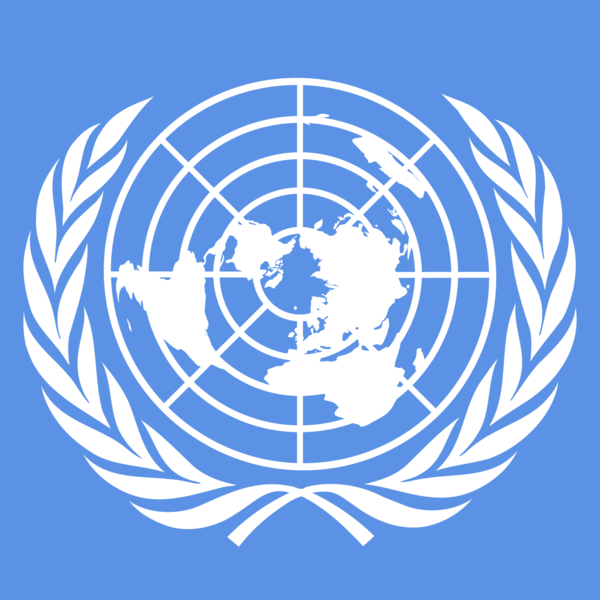
On the opposite side, the United States has repeatedly obstructed the nomination of African candidates to head the UN Mission in Libya, simultaneously with its undertaking to extend the Mission’s mandate for a period of one year and for keeping Williams in charge as an adviser to Guterres, at least given Moscow’s rejection of accepting her as a UN envoy.
Since September 2021, the UN Security Council has not extended the mandate of the UN Mission for Libya for more than 4 months, especially since the former envoy, Ian Kubic, had presented his resignation of the head of the Mission in November of the same year.
The mandate of the UN Mission was extended last September for a period of four months, which were extended in January for a period of three other months, which ended on April 30 . The term has been further extended for another three months, by the end of July 31.
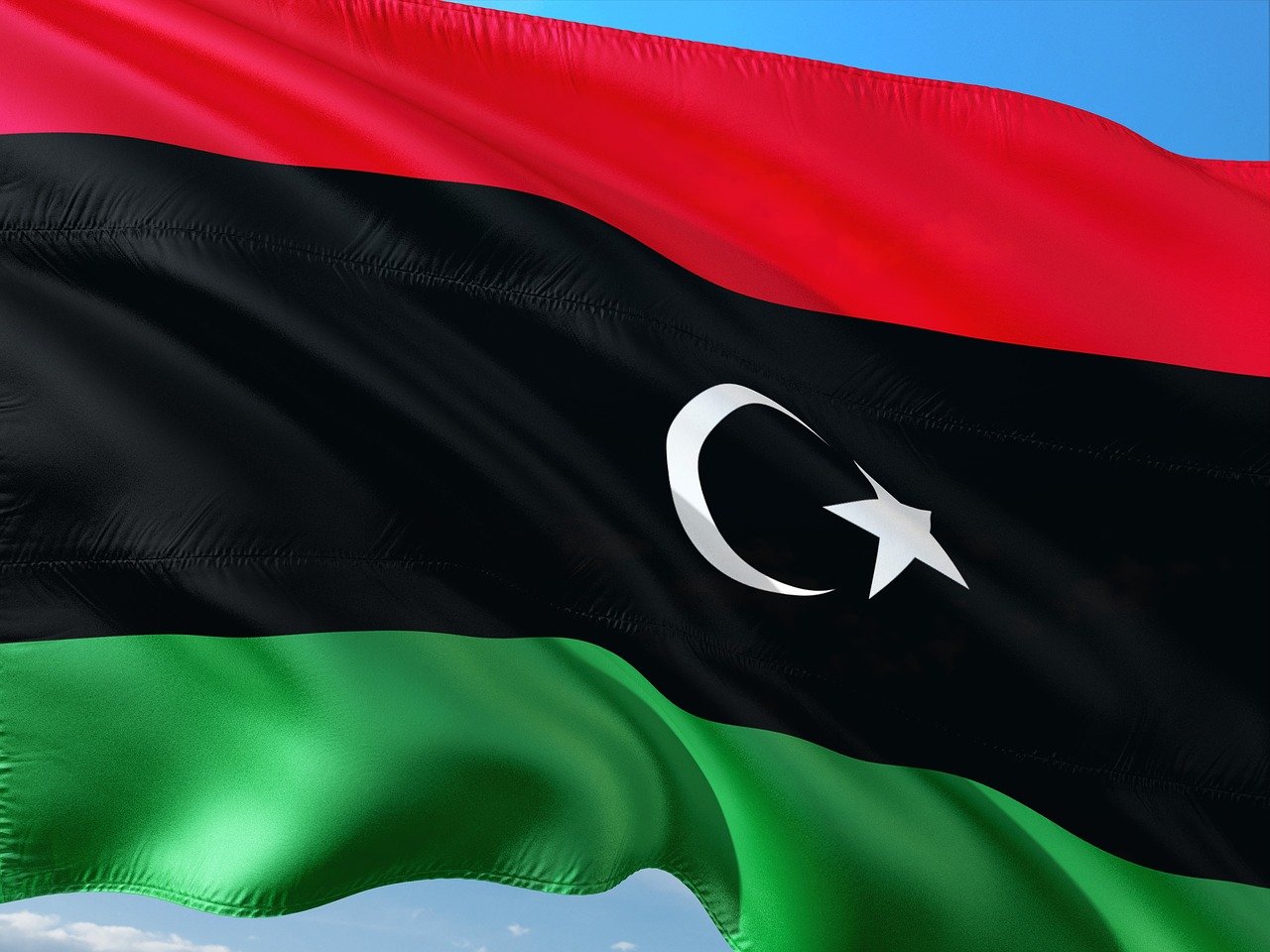
The extension of the Mission’s mandate, for a period of only 90 days, weakens the role of Stephanie Williams and the United Nations in managing the political process in Libya.
This situation gives the Libyan protagonists the impression that Stephanie Williams does not benefit from the sufficient and necessary international support, which would be likely to hinder her mission to sponsor the dialogue between the Chamber of Deputies of Tobruk and the High Council of State ( legislative – advisory), which will expose it to blackmail to take partisan positions in favor of one camp to the detriment of another.
This is what the Deputy Representative of the United States to the United Nations, Jeffrey DeLaurentis had alluded to when he said that the “decision in its current form does not provide the required support (to the UN Mission) as well as it sends a negative message to the Libyan people”.
The Russian delegate to the UN, Vassili Nebenzia, retorted by expressing his “regrets about the orientation of certain members of this Council, who seem reluctant to accept the scenario of seeing the United Nations Mission in Libya led by a personality from the African continent and that is unsuccessful“.
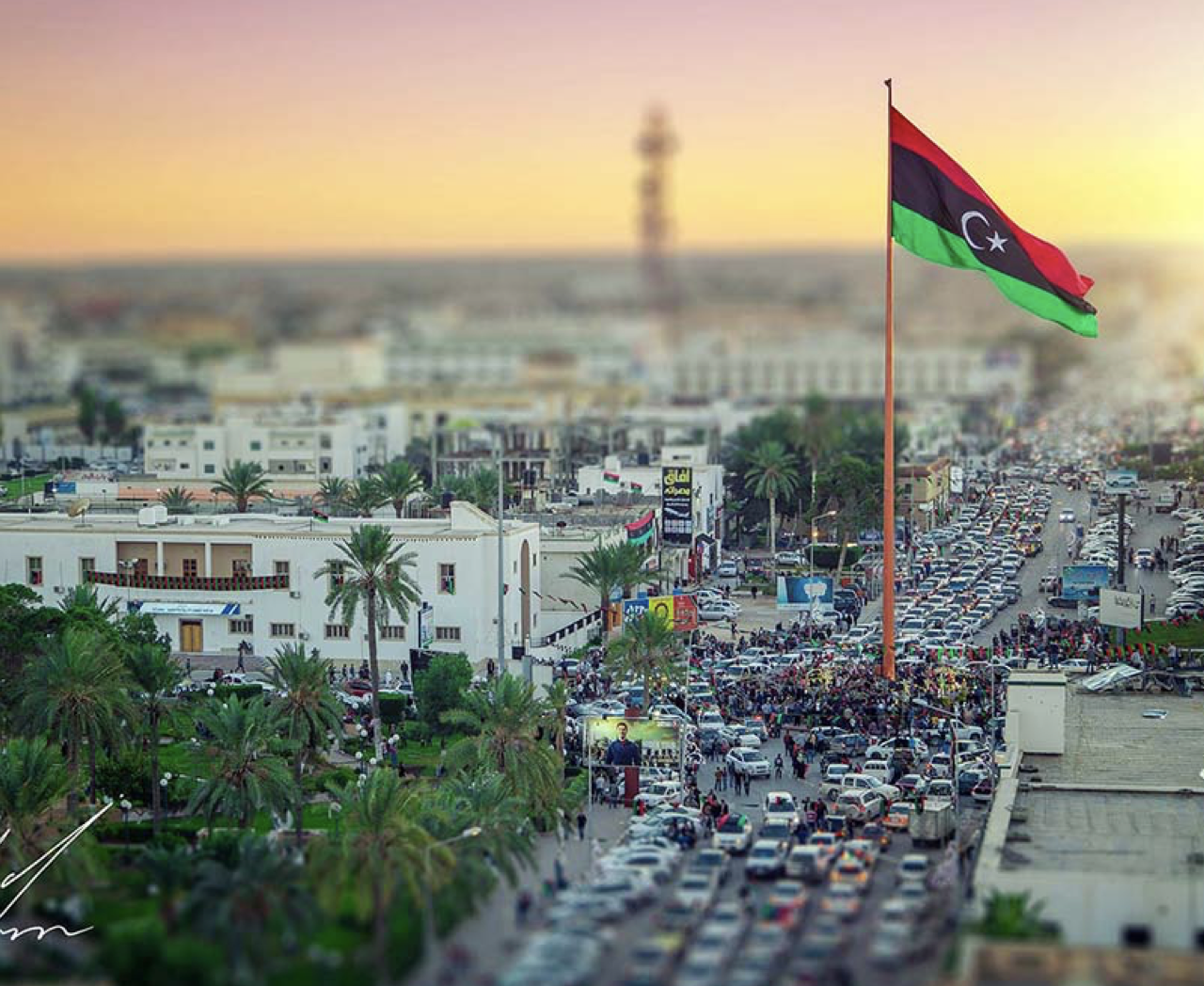
In search of European support
Russia’s insistence on rejecting Stephanie Williams’ continued leadership of the UN Mission has prompted her to seek support from Washington’s European allies to strengthen her role in leading the Dialogue she is sponsoring in Cairo between the representatives and the Libyan Council of States.
Stephanie Williams made contact with senior officials in Germany, the United Kingdom and France, between April 23 and 29, during visits to Berlin, London and Paris, in order to mobilize European support to his plan to identify a consensus between the two main Libyan protagonists and thus lead to the end of the split and the holding of elections.
The American diplomat met with the German Minister of State, Tobias Lindner, the Secretary of State for Foreign Affairs, Andreas Michaelis, the Minister of State for the Department of Foreign Affairs, Lord Ahmad of Wimbledon, Secretary of State for the South Asia and the Commonwealth, and Paul Soler, France’s Special Envoy for Libya.
According to data published on the official page of the UN Mission, Stephanie Williams explained to European officials the results of the latest consultations of the Mixed Commission made up of members of the House of Representatives and the High Council of State, which took held in Cairo between 13 and 18 April.
Stephanie Williams mentioned, during these meetings, a new round of the Joint Committee of the House of Representatives and the Council of State, which will be held in mid-May, in Cairo. She has. also discussed the importance of preserving the continuation of security and economic processes, through maintaining calm on the ground and supporting dialogue between the Libyan protagonists.
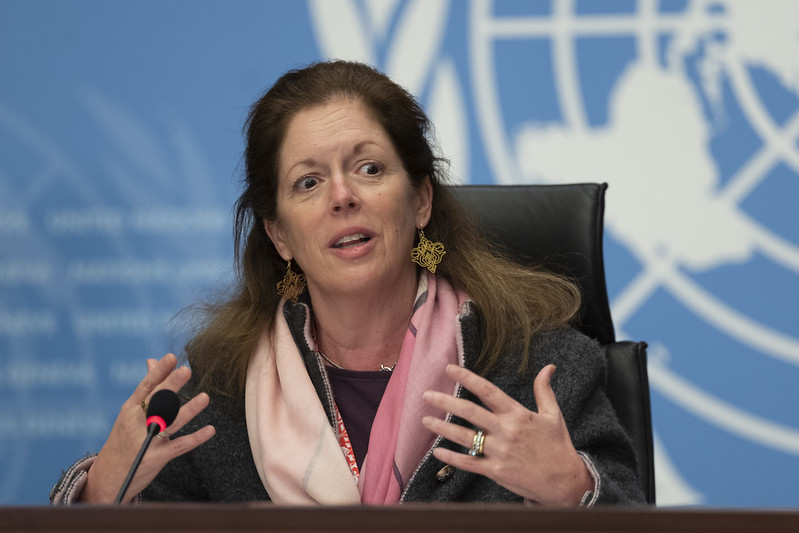
Although the UN adviser has obtained the support of the three capitals to “restore Libya in the process of national elections, within a solid constitutional framework and according to a pre-established timetable“, the fact remains that her mission seems difficult, given the growing gap between the Libyan protagonists, just as the European officials she met were not the foreign ministers of the respective countries visited, which has a certain significance.
The first round, which took place in Cairo, between the members of the Chamber of Deputies and the Council of State, was not crowned with success, according to several media, in view of the transformation of the conflict into a competition on the legitimacy between the Union government led by Abdelhamid Dbeibeh and the one charged by the Tobruk Chamber of Deputies chaired by Fathi Bachagha, instead of seeking legitimacy through elections.
What is increasing the pressure on Stephanie Williams, other than the stagnating political process, is the withdrawal of the five members loyal to Haftar, Commander of the Eastern Region Forces, from the Joint Military Commission (5+5), which threatens the ‘Ceasefire agreement reached on October 23, 2020.
The blocking by supporters of Haftar of two oil fields and two oil ports is a further escalation which is likely to negatively affect the economic situation in the country, just as it will have international repercussions in the light, in particular, the rise in oil prices and the efforts of Western countries to stop importing Russian oil.
This precarious political, military and economic situation in Libya could lead to European countries giving up their support for Williams and giving in to Russian pressure by appointing a new UN envoy, if no tangible results are achieved on the ground. This would generate a Political Agreement on the organization of elections on the basis of a “Constitutional Rule”.
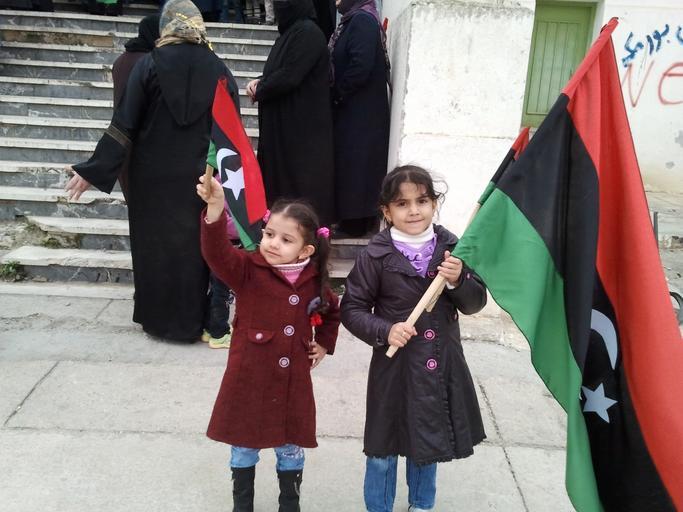
Analysis by Anadolu Agency


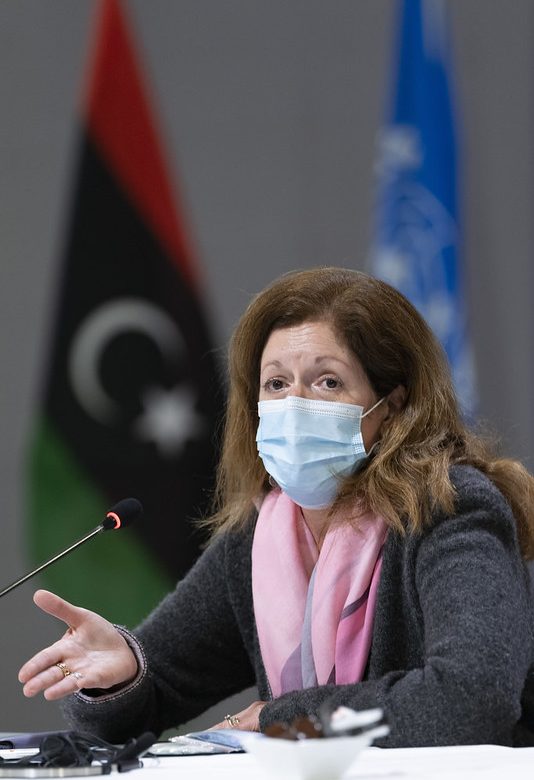





Réagissez à cet article